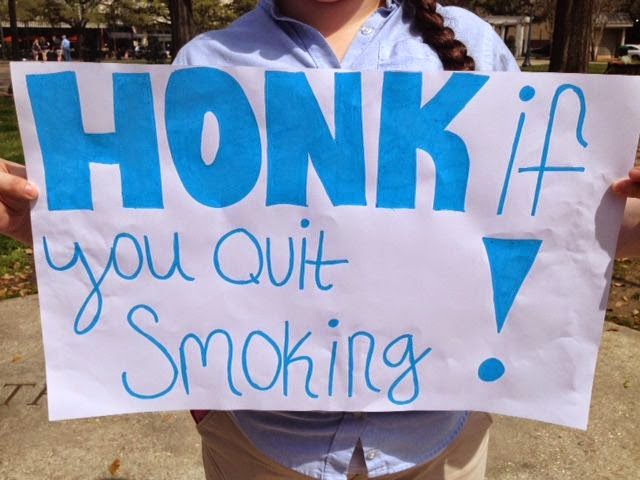 |
| Mobile County's Health Officer, Dr. Bernard Eichold, kicks off a news conference about the dangers of spice at the Drug Education Council on May 18, 2015, in Mobile. |
MOBILE, Ala. -- The latest numbers from the Alabama Department of Public Health show nearly half of all spice cases in Alabama are in Mobile County.
Public and private health care providers, law enforcement officials and community advocates shared the latest statistics and information about efforts to combat the epidemic in the Mobile community during a news conference held May 18, 2015, at the Drug Education Council. Two local TV stations live-streamed the event for their early-evening news casts.
A variety of groups are working together to put an end to the dangerous trend. Those gathered asked that the media continue to raise awareness and provide accurate information to the community about these incredibly dangerous substances.
In April, the Alabama Department of Public Health noted the uptick in Spice-related ER visits statewide and began officially tracking the numbers. Last week, nearly 1,000 emergency room visits had been recorded during a two-month period statewide.
Last year, the Mobile County Health Department staff tracked Spice-related emergency room visits. Between April 11 and April 23, 2014, Mobile hospitals reported 52 drug-related ER visits. One ER visit resulted in the death of a 60-year-old man who had taken spice, health officials said.
Synthetic drugs are toxic to users and pose serious risks to the public. Users of the synthetic mixtures typically experience symptoms that include rapid heart rate, Nausea and vomiting, agitation, confusion, lethargy, hallucinations, kidney and respiratory problems. Deaths have occurred after people have ingested or smoked the substances.
















































